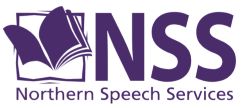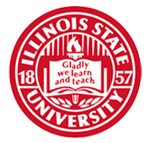Abstract
As with the first companion manuscript, this study used a grounded theory approach to develop and describe a hierarchical model of clinical development of speech-language pathology graduate students. Eight female students attending the speech-language pathology graduate program participated in structured interviews prior to graduate training as well as following each of five subsequent semesters. The interviews were then qualitatively analyzed to create the model of clinical development. This is the second of two companion papers and summarizes three of the five main findings identified. These findings indicate that academic experiences provide foundational skills that students need for clinical development; however, student clinical expectations and needs did not appear to be influenced by academic experience. Rather, appeared to be more influenced by increased experience and greater comfort with clinical supervisors. Supervisory methodologies as well as overall clinical learning models are discussed. The companion paper describes the remaining two findings that emphasize characteristics associated with the learning and coping strategies associated with the supervision and clinical experiences of graduate students.
Recommended Citation
Rapillard, S.,
Plexico, L.,
&
Plumb, A. M.
(2019).
Influence of Supervision and Clinical Experiences on Professional Development of Graduate Speech Language Pathology Students.
Teaching and Learning in Communication Sciences & Disorders, 3(1).
DOI: https://doi.org/10.30707/TLCSD3.1Rapillard2





